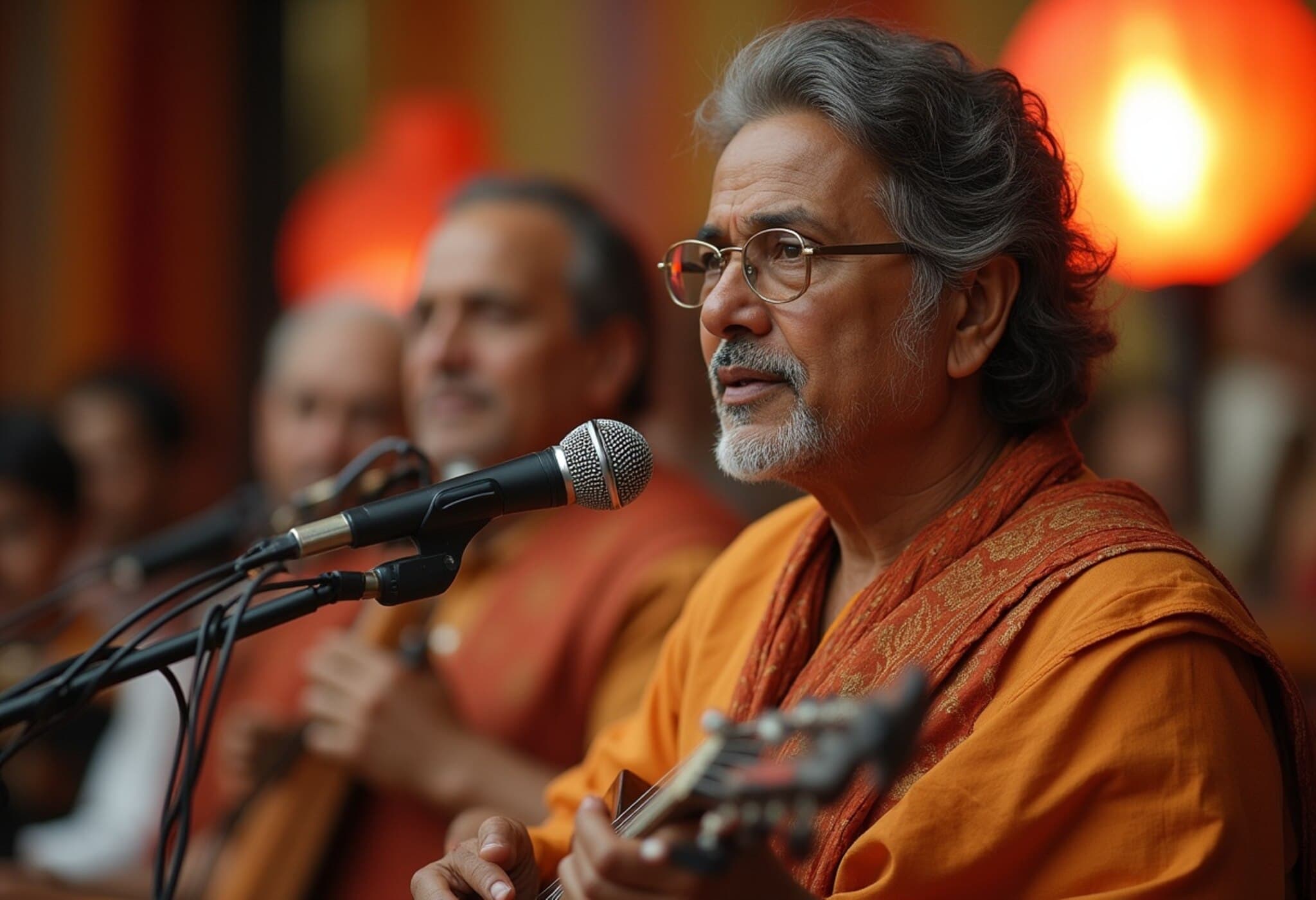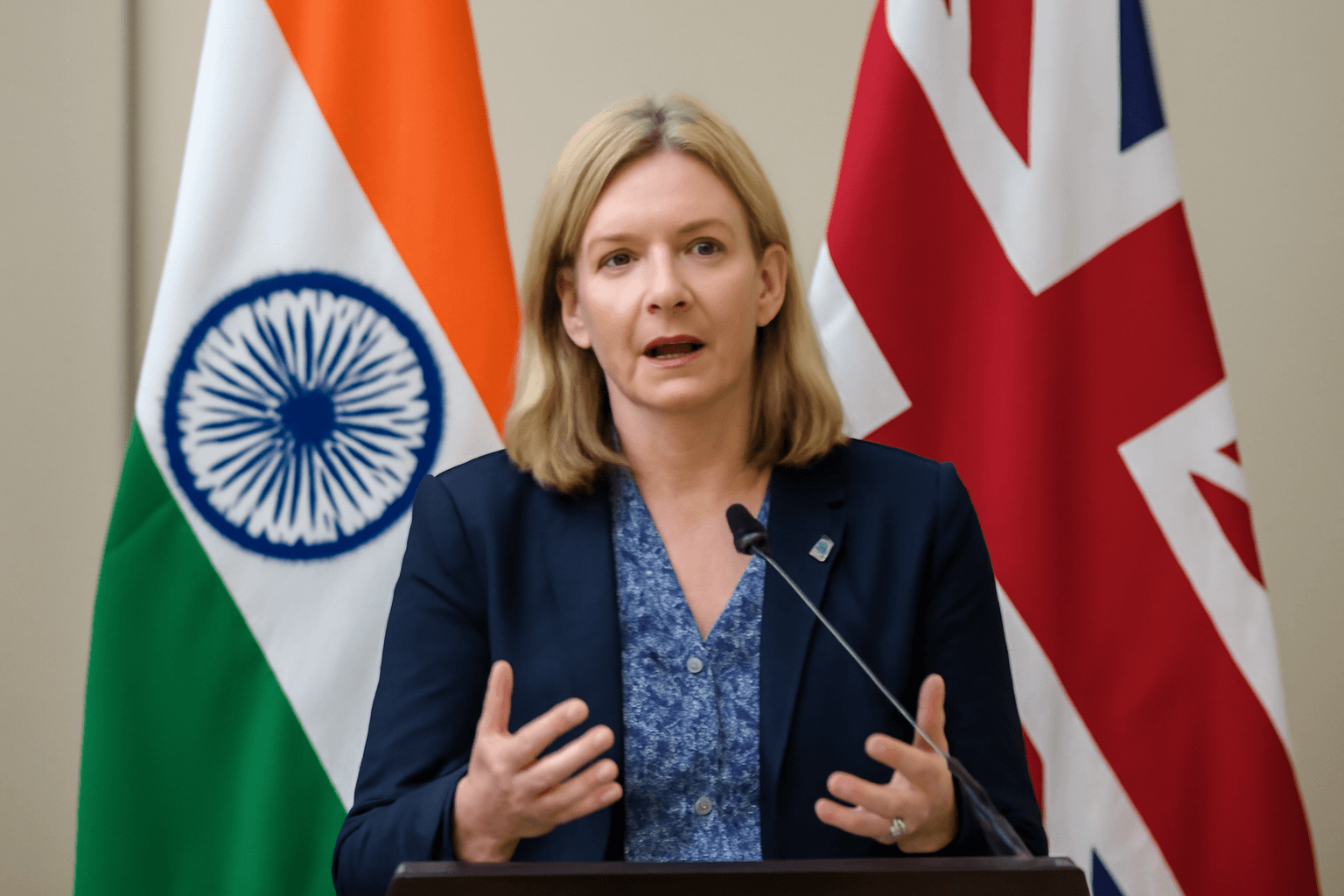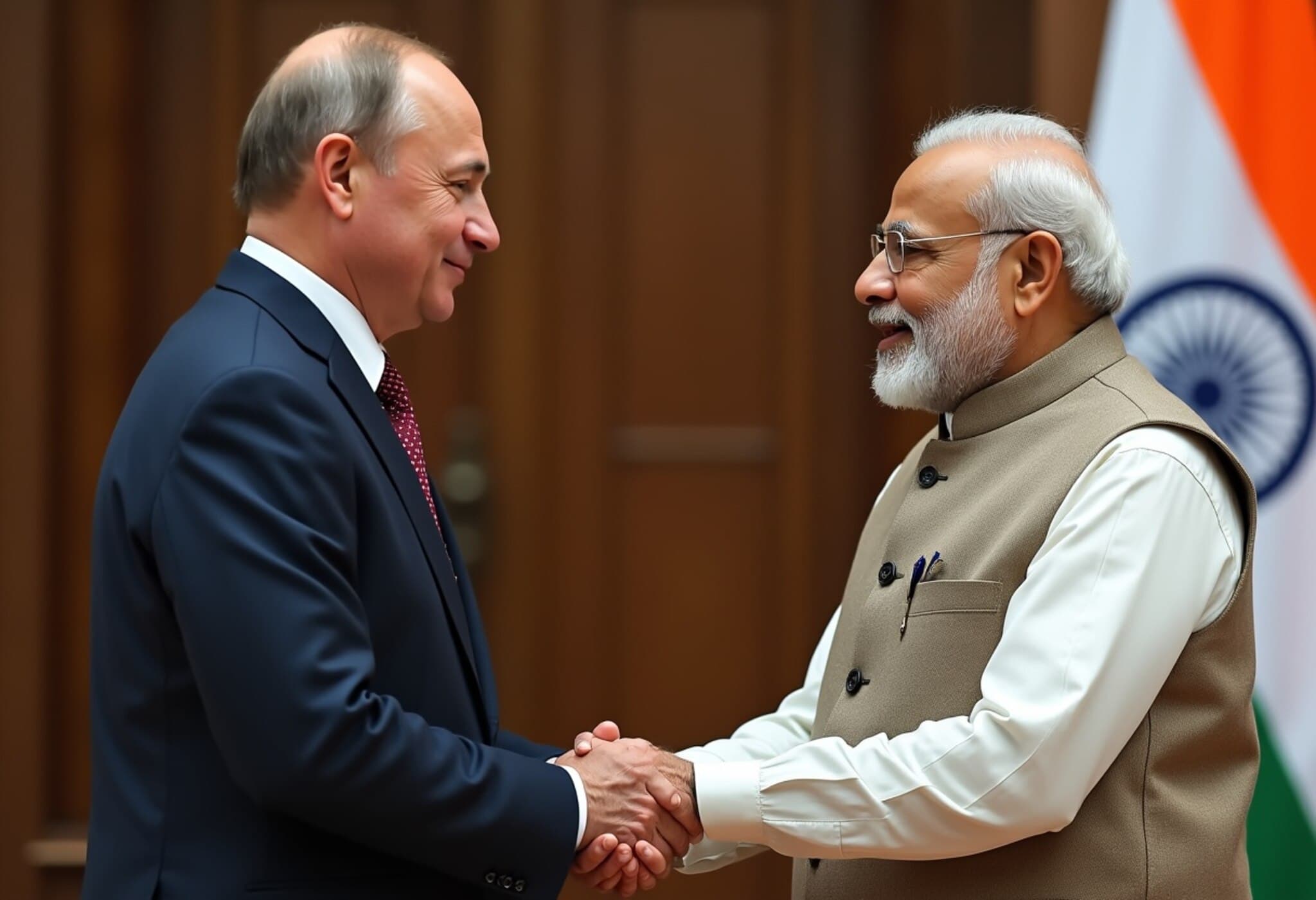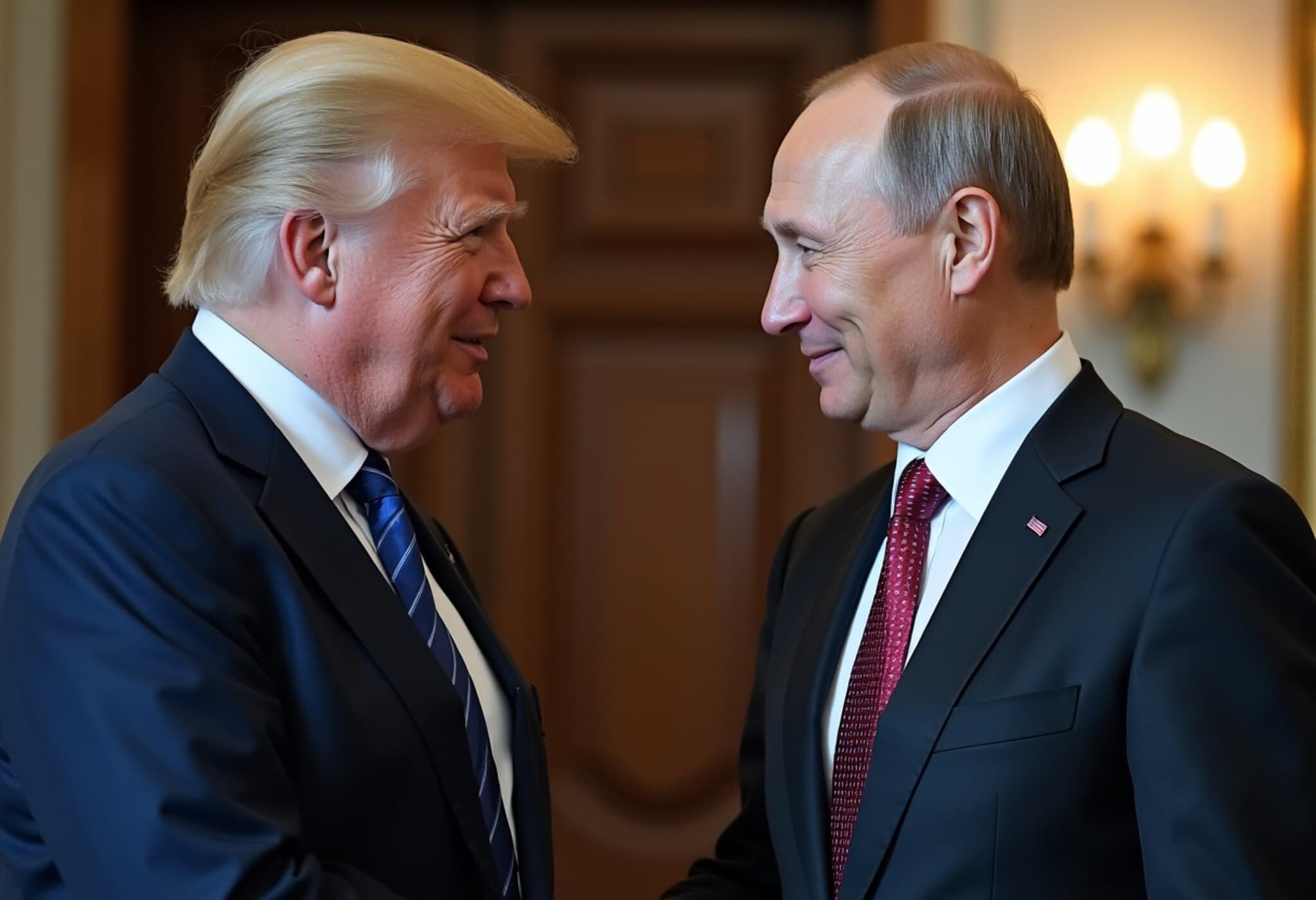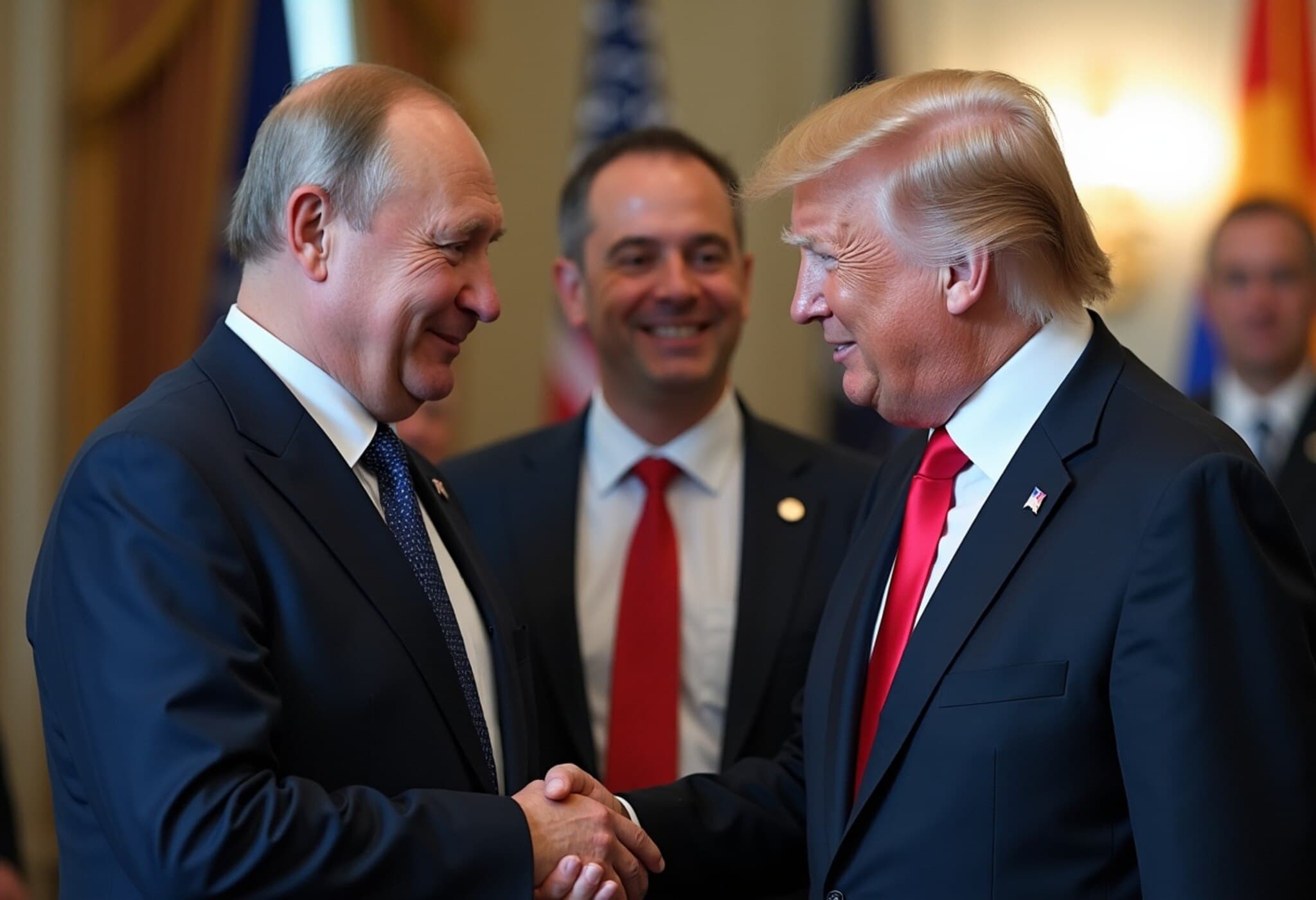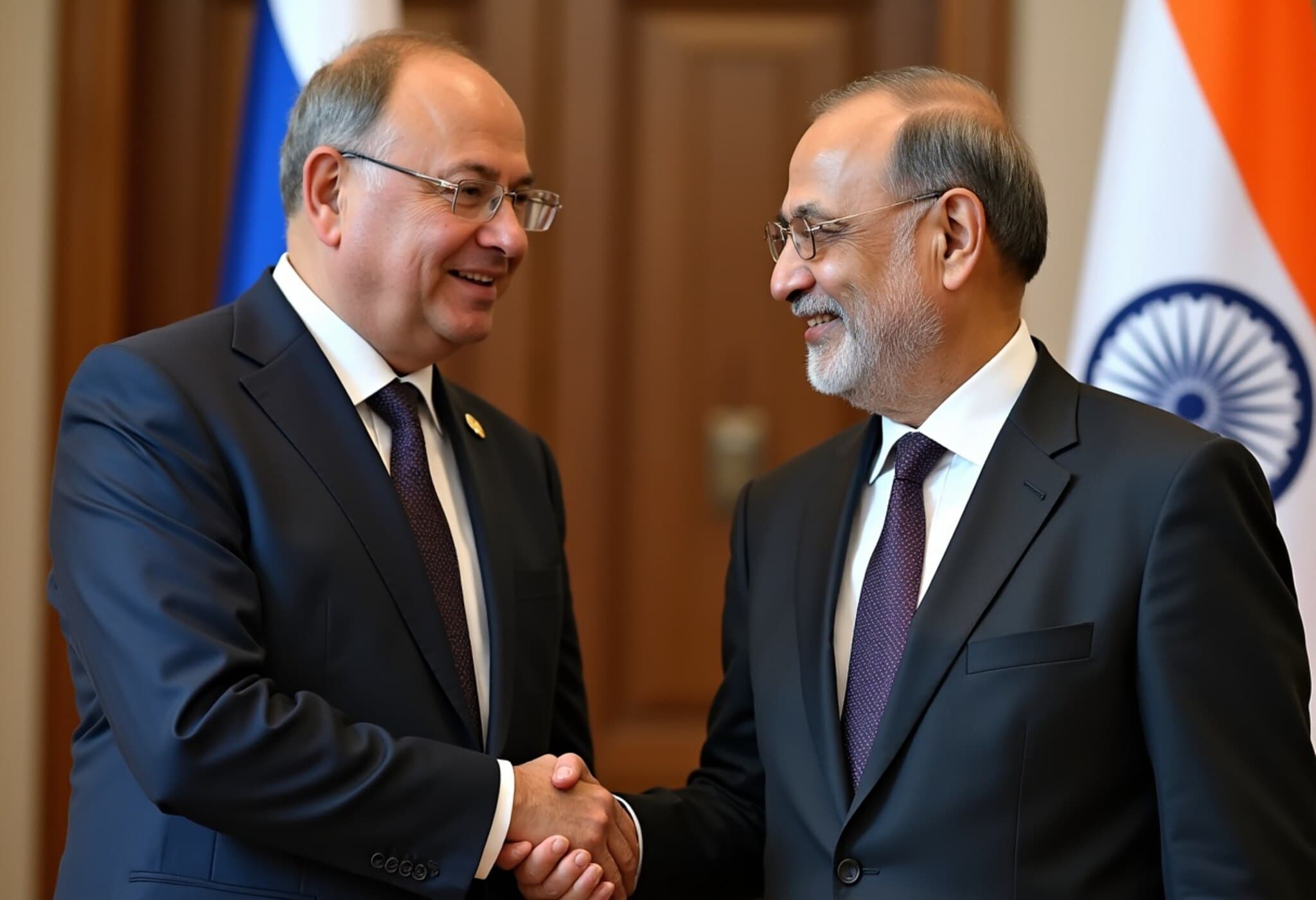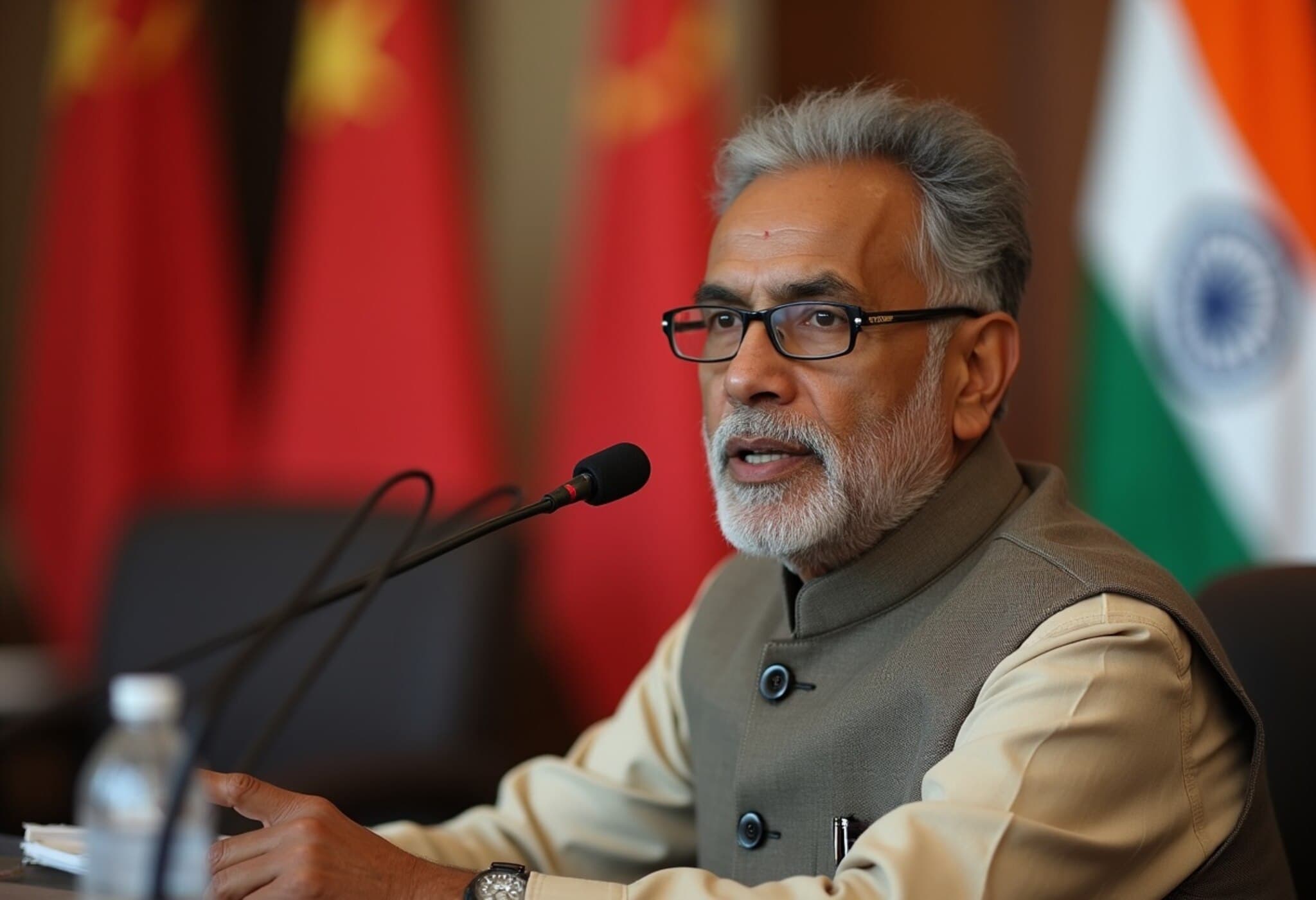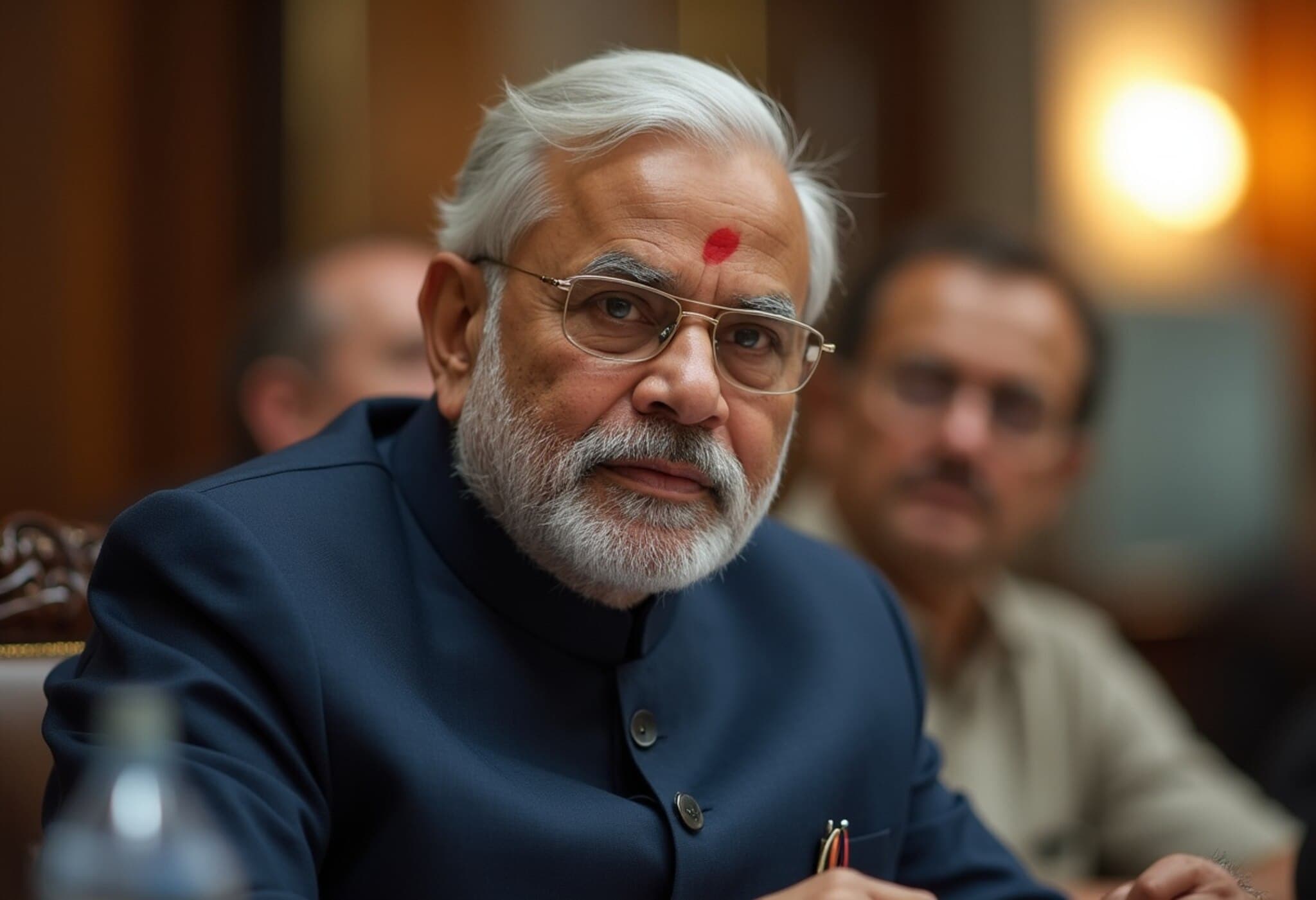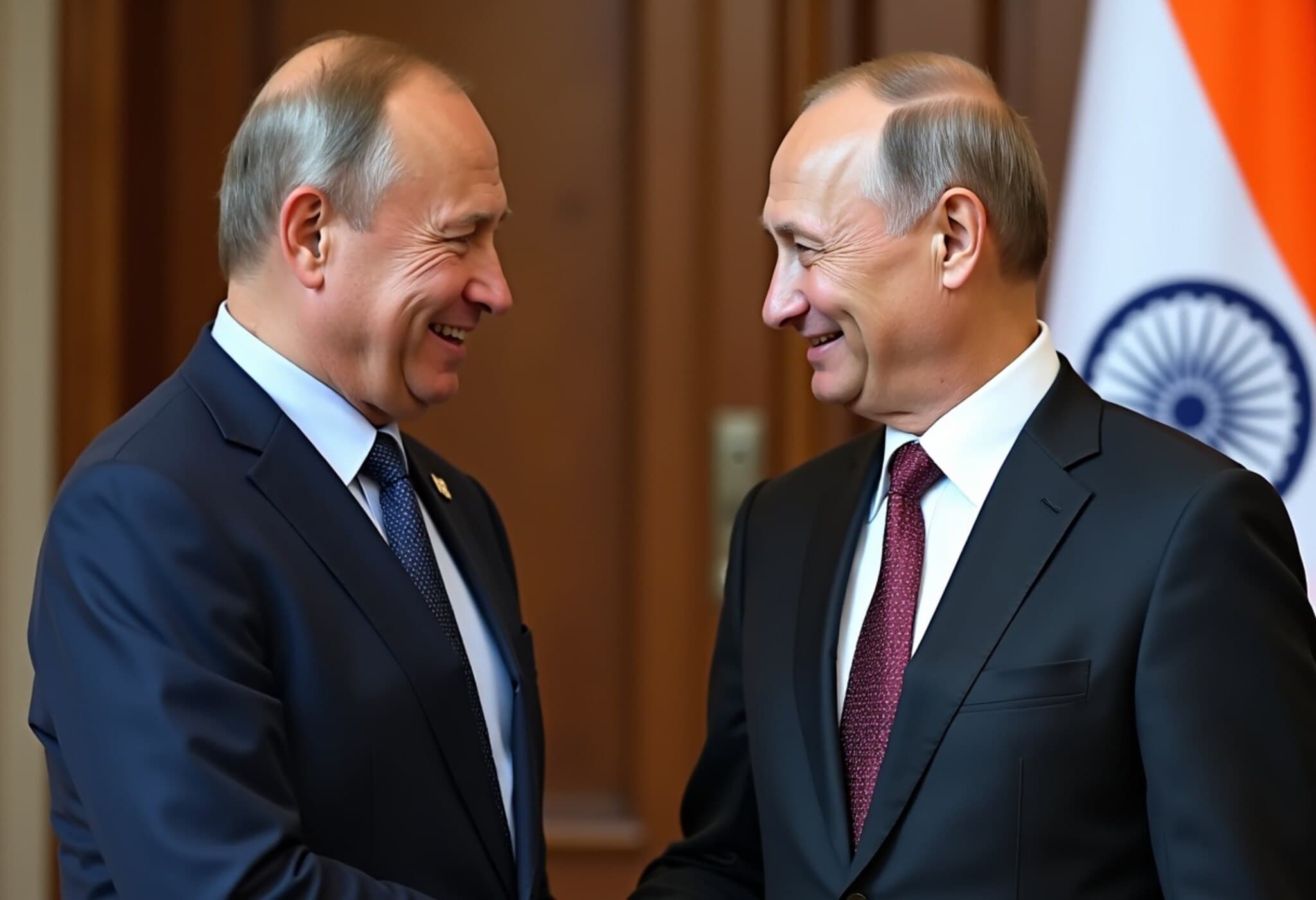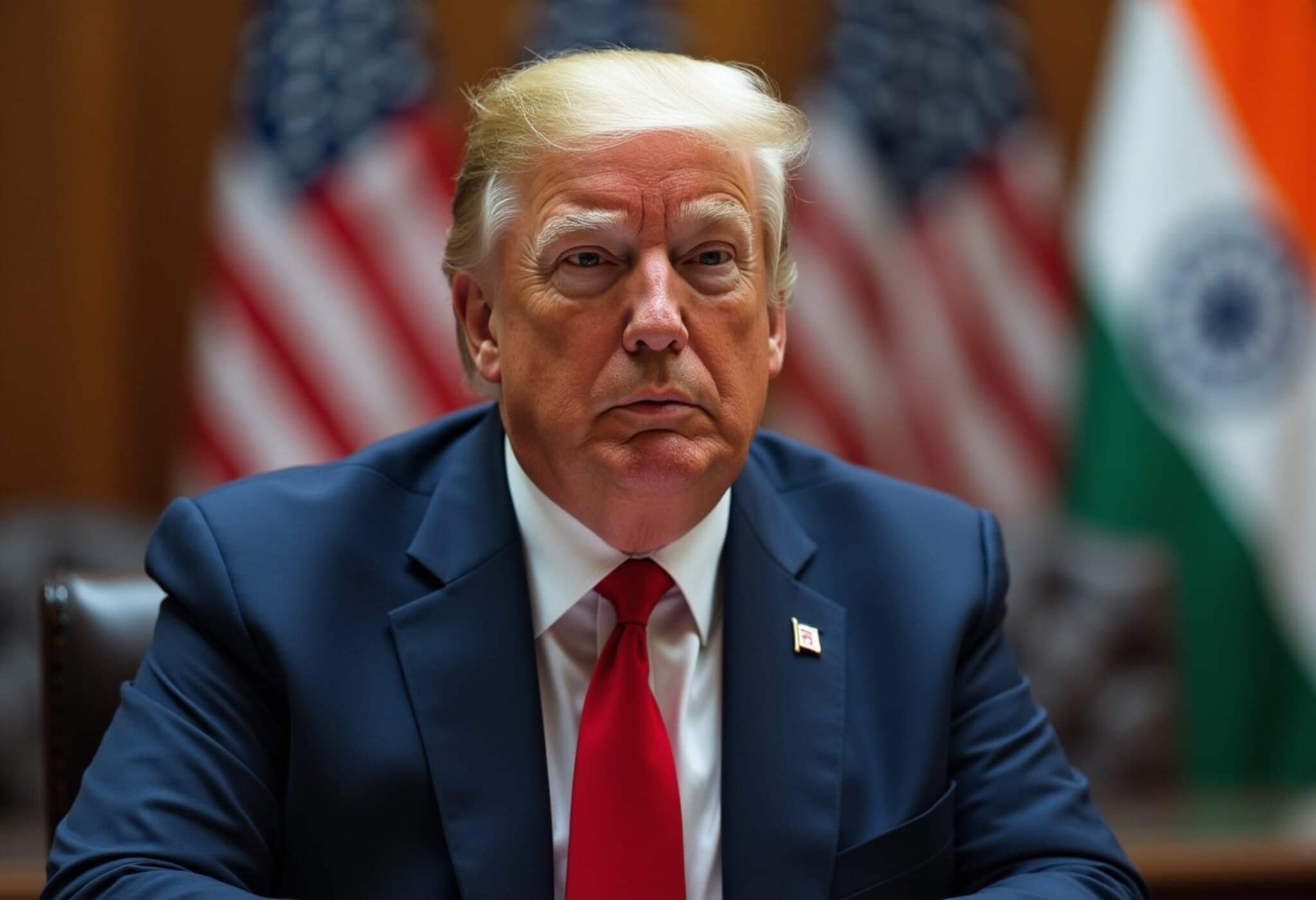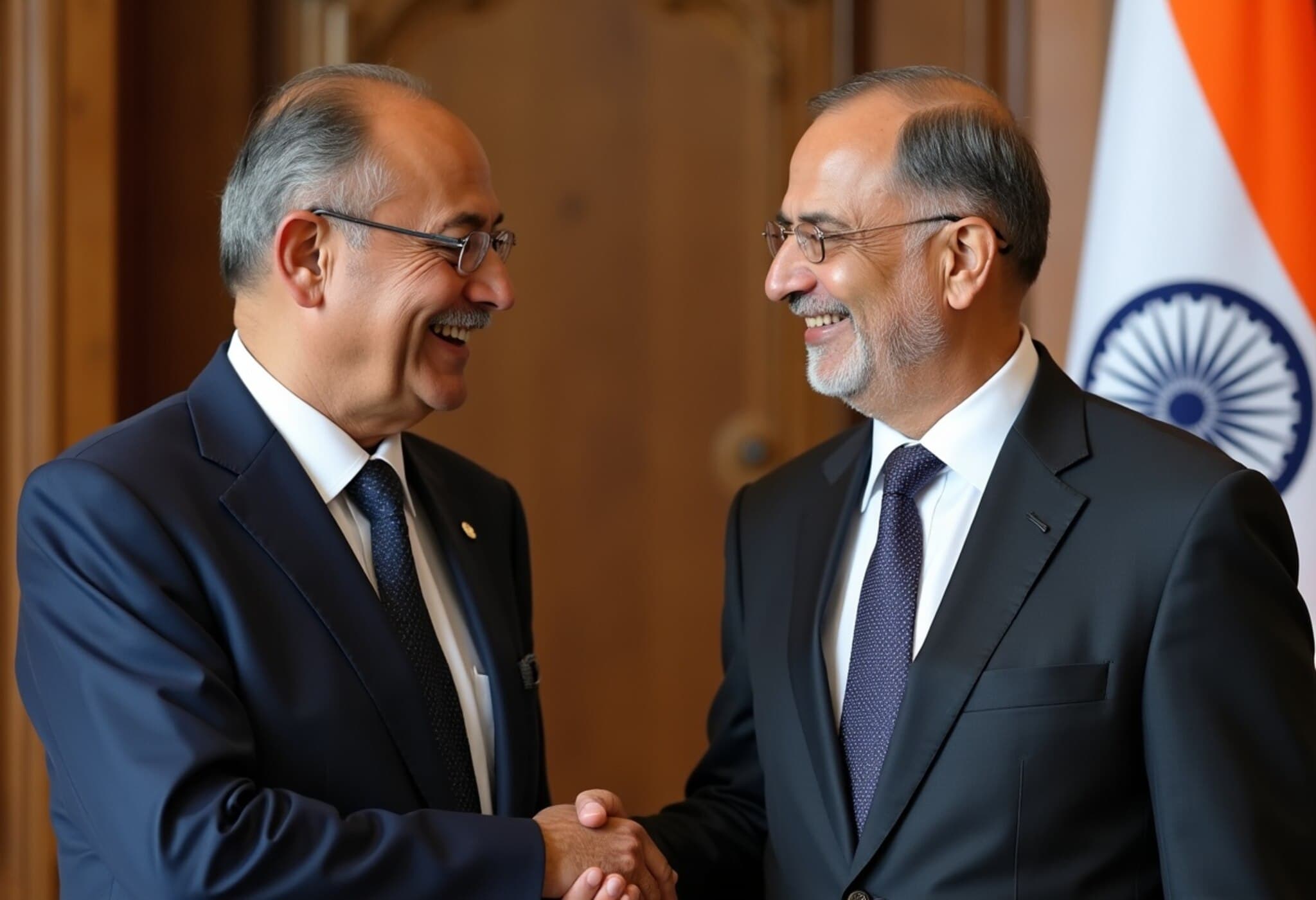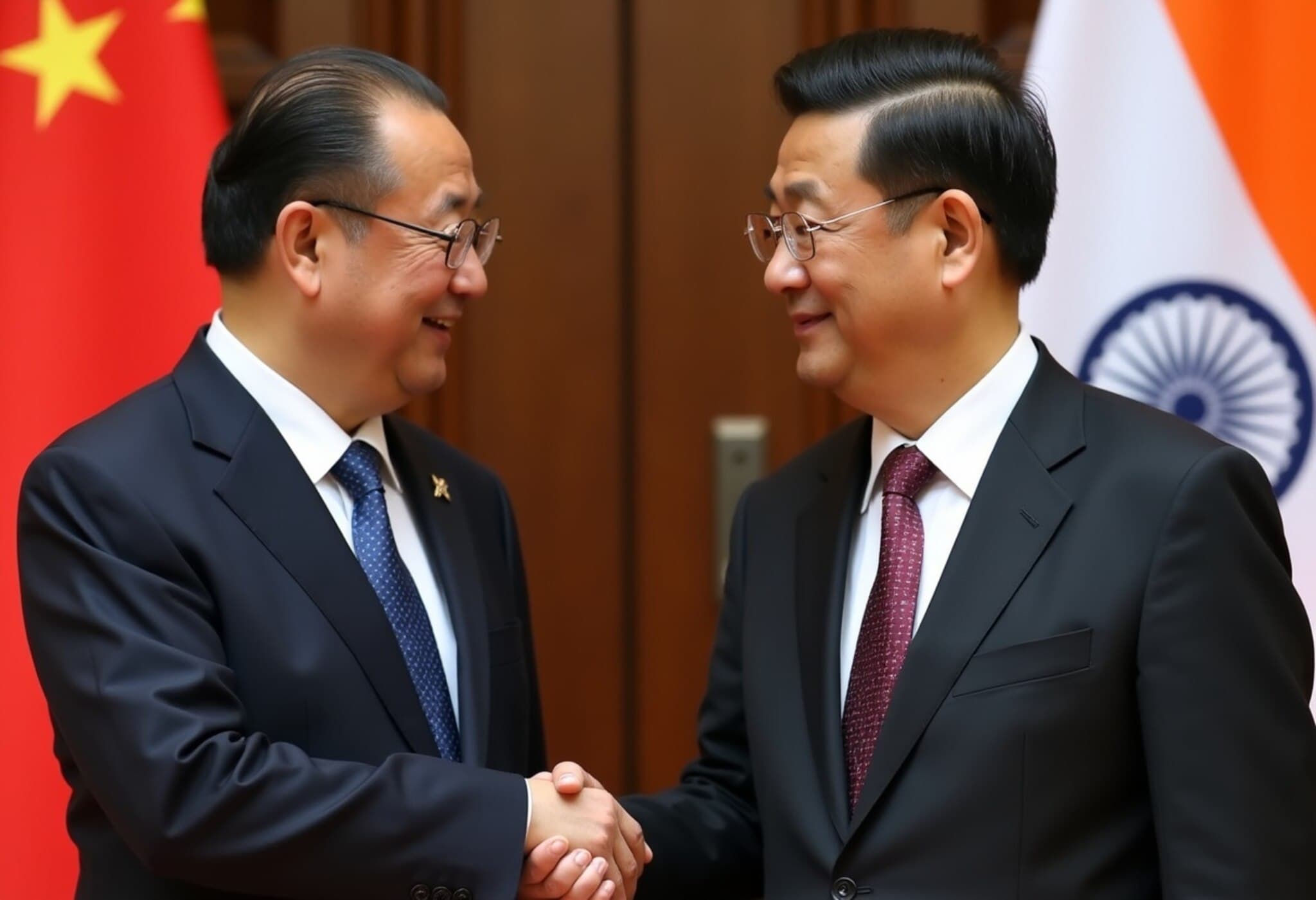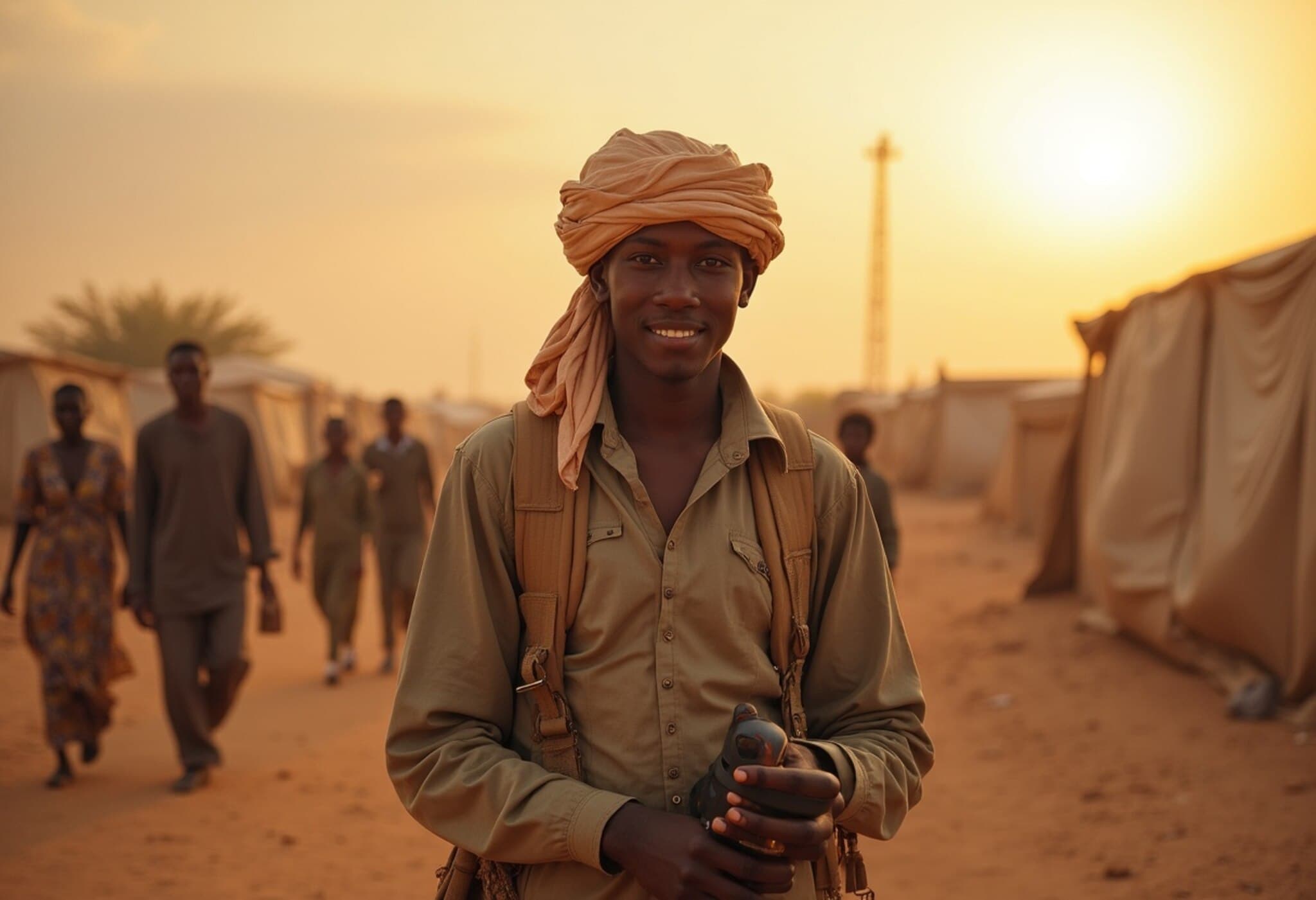External Affairs Minister Jaishankar Calls for a Fair Global Order
In an eloquent address at the BIMSTEC Traditional Music Festival in Delhi, External Affairs Minister S. Jaishankar underscored the urgent need for a multipolar and equitable global order—one that is not dominated by just a handful of powerful nations. His message resonates deeply amid the backdrop of complex geopolitical tensions, including the looming threat of U.S. tariffs and international pressures surrounding India’s oil trade with Russia.
Linking Culture with Global Diplomacy
Speaking at the festival titled SaptaSur: Seven Nations, One Melody, Jaishankar beautifully intertwined cultural heritage and international diplomacy, reminding audiences how traditions are the foundation of a nation’s identity and confidence.
“We live in complicated and uncertain times. Our collective desire is to see a fair and representative global order, not one dominated by a few,” he said. “Traditions are of particular value because ultimately they define identity. We must be assured about what we are if we want to be confident about shaping the future.”
For Jaishankar, culture—especially music—serves not only as a bridge between nations but as a powerful expression of shared heritage. Reflecting on his own journey, he revealed how music and literature ignited his interest in the wider world, highlighting the arts' unmatched ability to transcend boundaries.
Context: Navigating Economic and Diplomatic Pressures
Though Jaishankar's remarks did not directly cite the ongoing trade tensions, the timing is notable. India is currently navigating critical challenges, including proposed U.S. tariffs that threaten its economic ties, as well as international scrutiny over its continued oil imports from Russia amidst the ongoing geopolitical discord. His call for sovereignty and a balanced global stage underscores India’s strategic intent to chart its own path amid competing global interests.
Expert Insight: The Implications of a Multipolar World
From a policy perspective, Jaishankar’s emphasis on multipolarity is more than rhetoric. In an era where global power is shifting away from unipolar dominance, India positions itself as a central actor aspiring for a system that reflects contemporary realities. This message echoes broader international calls for reform in institutions like the United Nations and global trade bodies, which many nations feel no longer adequately represent the current geopolitical landscape.
Moreover, framing this ambition through the prism of cultural strength suggests a nuanced diplomatic strategy—one where soft power and heritage bolster hard negotiations, forging ties based on shared values as much as economic or strategic interests.
Looking Ahead: The Role of Indo-Pacific and Regional Cooperation
BIMSTEC itself symbolizes a crucial regional cooperation mechanism, bridging South and Southeast Asia. Jaishankar’s remarks reaffirm India’s commitment to this platform amid broader Indo-Pacific dynamics where balancing China’s rise and sustaining open economic corridors remain priorities.
Editor’s Note
External Affairs Minister Jaishankar’s comments serve as a timely reminder that in today’s multipolar world, cultural identity and sovereignty are not sidelined ideals but vital pillars underpinning foreign policy decisions. As India maneuvers through complex diplomatic and economic pressures, its advocacy for an inclusive global framework invites us to rethink power structures and the role of heritage in shaping international relations. Will the global community heed calls for multipolarity, or will entrenched powers resist this evolution? This question remains central as collective aspirations for fairness confront geopolitical realities.

